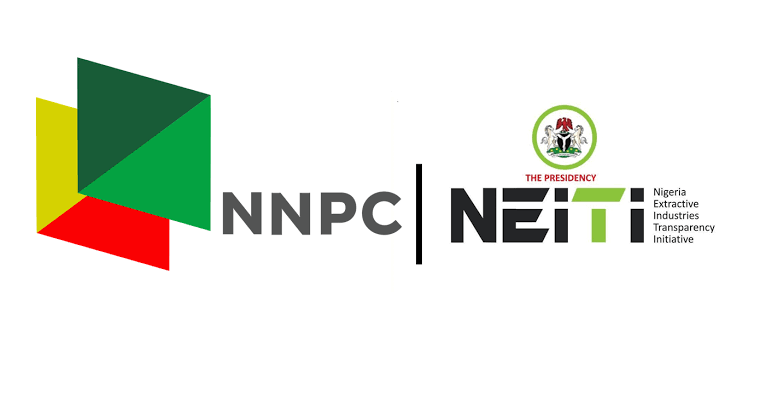Nigeria’s National Petroleum Company Limited (NNPC Ltd.) joins forces with the Nigeria Extractive Industries Transparency Initiative (NEITI) and other key stakeholders in a strategic move to reconcile financial discrepancies highlighted in a recent report.
In a proactive response, NNPC Ltd. commits to collaborating with the Reconciliation Committee established by President Bola Tinubu. This committee aims to thoroughly investigate, review, and align financial records concerning alleged debts owed to the Federation by both NNPC Ltd. and the Federation Accounts Allocation Committee (FAAC), as NEITI’s report reveals.
Femi Soneye, spokesperson for NNPC Ltd., articulates the company’s challenges since the inception of President Tinubu’s administration. Notably, NNPC Ltd. faced directives to sell Premium Motor Spirit (PMS) at significantly reduced prices. This mandate led to a substantial monthly subsidy bill averaging N400 billion, escalating the company’s financial burdens. By May 31st, 2023, this subsidy expense had surged to an alarming N3.736 trillion.
Addressing gas-to-power debts, Soneye highlights the government’s failure to pay for upstream joint venture gas supplied by NNPC Ltd. to state-owned plants. This non-payment resulted in a staggering N174.07 billion debt accrued by the Federation.
Additionally, NNPC Exploration & Production Limited (NEPL) confronts non-remittance issues. As of May 31st, 2023, the Federation owes NEPL $712 million (approximately N309.07 billion at the current exchange rate) for revenues diverted to the Federation account instead of NEPL.
Soneye further explains the net indebtedness scenario. While the Federation owes NNPC Ltd. a total of N4.207 trillion, NNPC Ltd.’s debt to the Federation stands at N2.852 trillion. This debt mainly comprises outstanding Good and Valuable Consideration (GVC) related to government upstream divestments, royalties, and Petroleum Profit Taxes (PPT).
The NNPC’s efforts represent a crucial step towards resolving these financial challenges, ensuring transparency and accountability in Nigeria’s oil sector.



